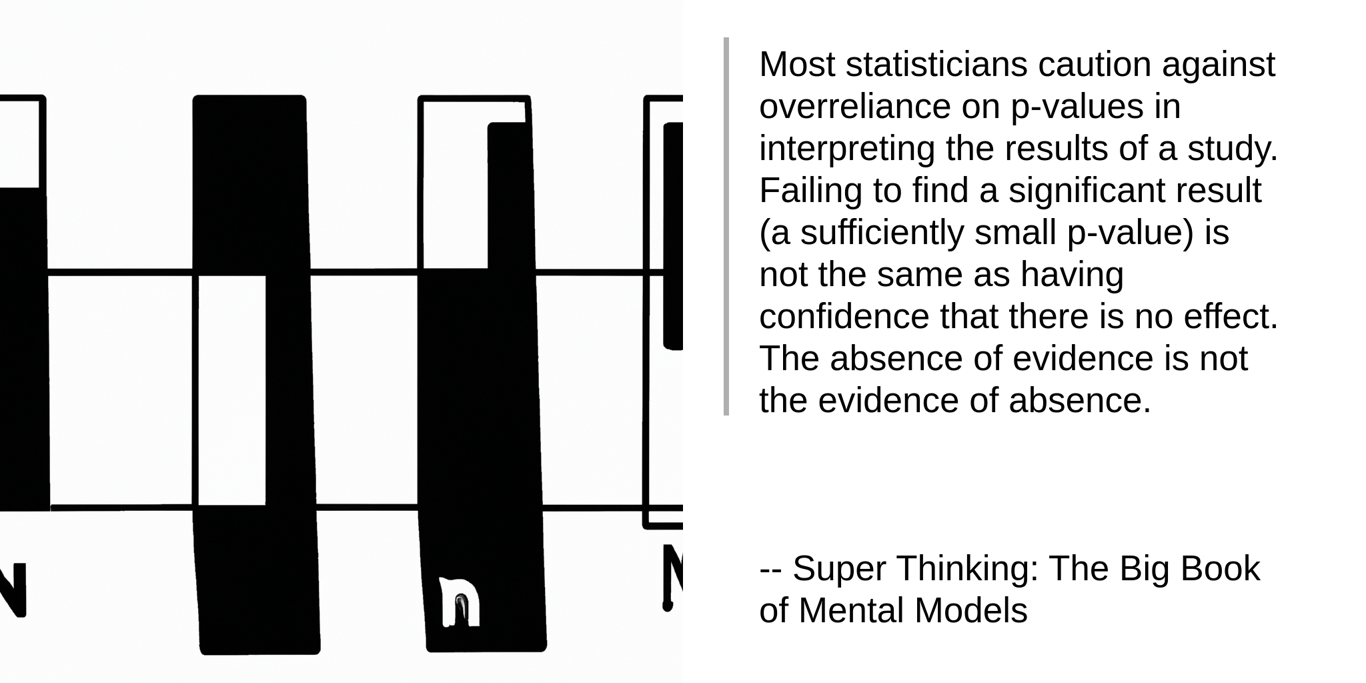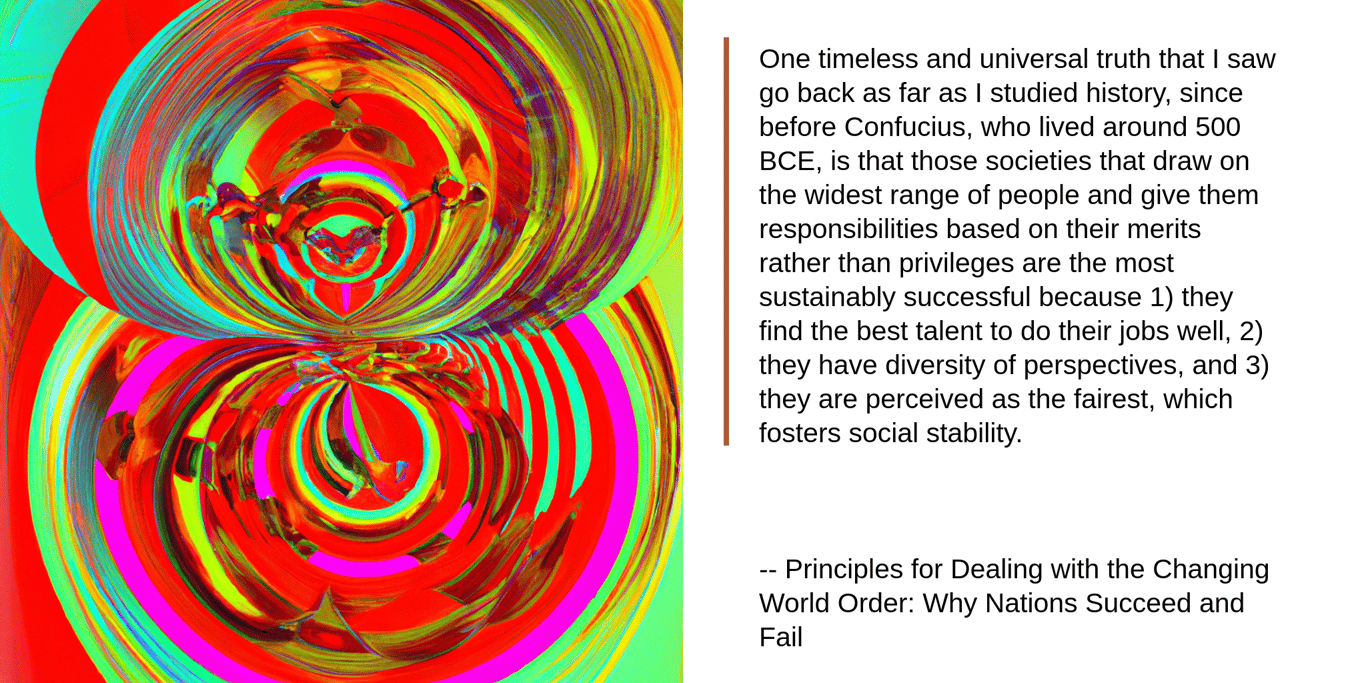September 18 2023
if the queen had balls


The forest here at the bottom of the canyon is mostly pine, with a few aspen and broad-leafed shrubs. Steep canyon walls rise way above us on both sides. Occasionally the trail opens into a patch of sunlight and grass that edges the canyon stream, but soon it reenters the deep shade of the pines. The earth of the trail is covered with a soft springy duff of pine needles. It is very quiet here. Mountains like these and travelers in the mountains and events that happen to them here are found not only in Zen literature but in the tales of every major religion. The allegory of a physical mountain for the spiritual one that stands between each soul and its goal is an easy and natural one to make.
-- Zen and the Art of Motorcycle Maintenance: An Inquiry Into Values (affiliate link)

I have a kid. He wants freedom. Kids and freedom are mutually exclusive. If the queen had balls, she’d be the king.

Expressing the matter in such startling terms makes it easy to see why philosophers from ancient Greece to the present day have taken the brevity of life to be the defining problem of human existence: we’ve been granted the mental capacities to make almost infinitely ambitious plans, yet practically no time at all to put them into action.
-- Four Thousand Weeks: Time Management for Mortals (affiliate link)

Most statisticians caution against overreliance on p-values in interpreting the results of a study. Failing to find a significant result (a sufficiently small p-value) is not the same as having confidence that there is no effect. The absence of evidence is not the evidence of absence.
-- Super Thinking: The Big Book of Mental Models (affiliate link)

One timeless and universal truth that I saw go back as far as I studied history, since before Confucius, who lived around 500 BCE, is that those societies that draw on the widest range of people and give them responsibilities based on their merits rather than privileges are the most sustainably successful because 1) they find the best talent to do their jobs well, 2) they have diversity of perspectives, and 3) they are perceived as the fairest, which fosters social stability.
-- Principles for Dealing with the Changing World Order: Why Nations Succeed and Fail (affiliate link)




